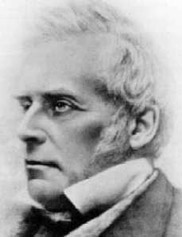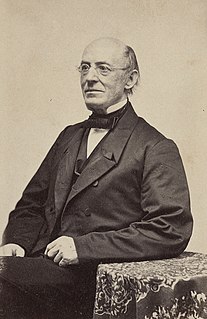A Quote by D. A. Carson
The truth of the matter is that inerrancy is simply a way of saying that there are no errors that call into question the truthfulness of Scripture wherever Scripture is making truth claims.
Related Quotes
Some people are ignorant of the world but educated in Scripture, and are therefore prone to missing the relevance of Scripture - these sometimes, later, amidst life's challenges and doubts, turn from the faith; other people are ignorant of Scripture but educated in the world, and are therefore prone to missing the truth of Scripture - they are often those who ridicule the faith. The apologist stands somewhere in the center. He articulates where some are prone to understanding the truth in beauty, others the beauty in truth - that of a spiritual Creator in relation to his scientific creation.
We want to fan the flames of Christians for whom inerrancy and the authority of Scripture are not mere shibboleths, but part of her life beat, part of the beating heart of what makes them tick. They revere Scripture, not because Scripture becomes an idol, but because it discloses God who is especially come after us in salvation and redemption through the person of his son, his cross, his resurrection, the full sweep of the gospel.
All appeals to Scripture are appeals to interpretations of Scripture. The only real question is: whose interpretation? People with differing interpretations of Scripture cannot set a Bible on a table and ask it to resolve their differences. In order for the Scripture to function as an authority, it must be read and interpreted by someone. According to "solo" Scriptura, that someone is each individual, so ultimately, there are as many final authorities as there are human interpreters.
The infallibility and inerrancy of biblical teaching does not, however, guarantee the infallibility and inerrancy of any interpretation or interpreter of that teaching; nor does the recognition of its qualities as the Word of God in any way prejudge the issue as to what Scripture does, in fact, assert. This can be determined only by careful Bible study.
It is scripture alone, not conservative Evangelical tradition or any other human authority, that must function as the normative authority for the definition of what we should believe. The authority of the scripture means that all the words in scripture are God's words in such a way that to disbelieve or disobey any word of scripture is to disbelieve or disobey God.


































